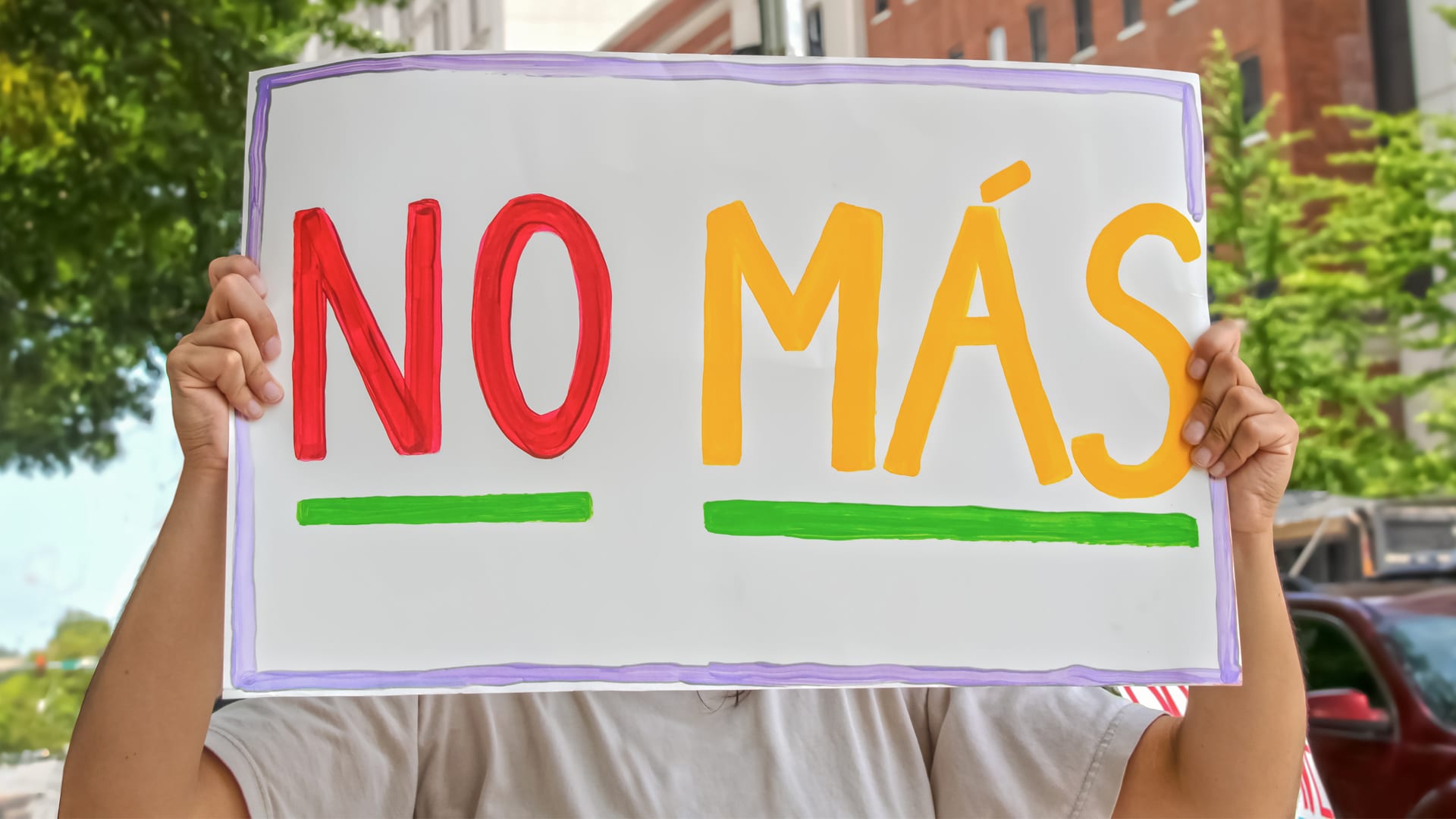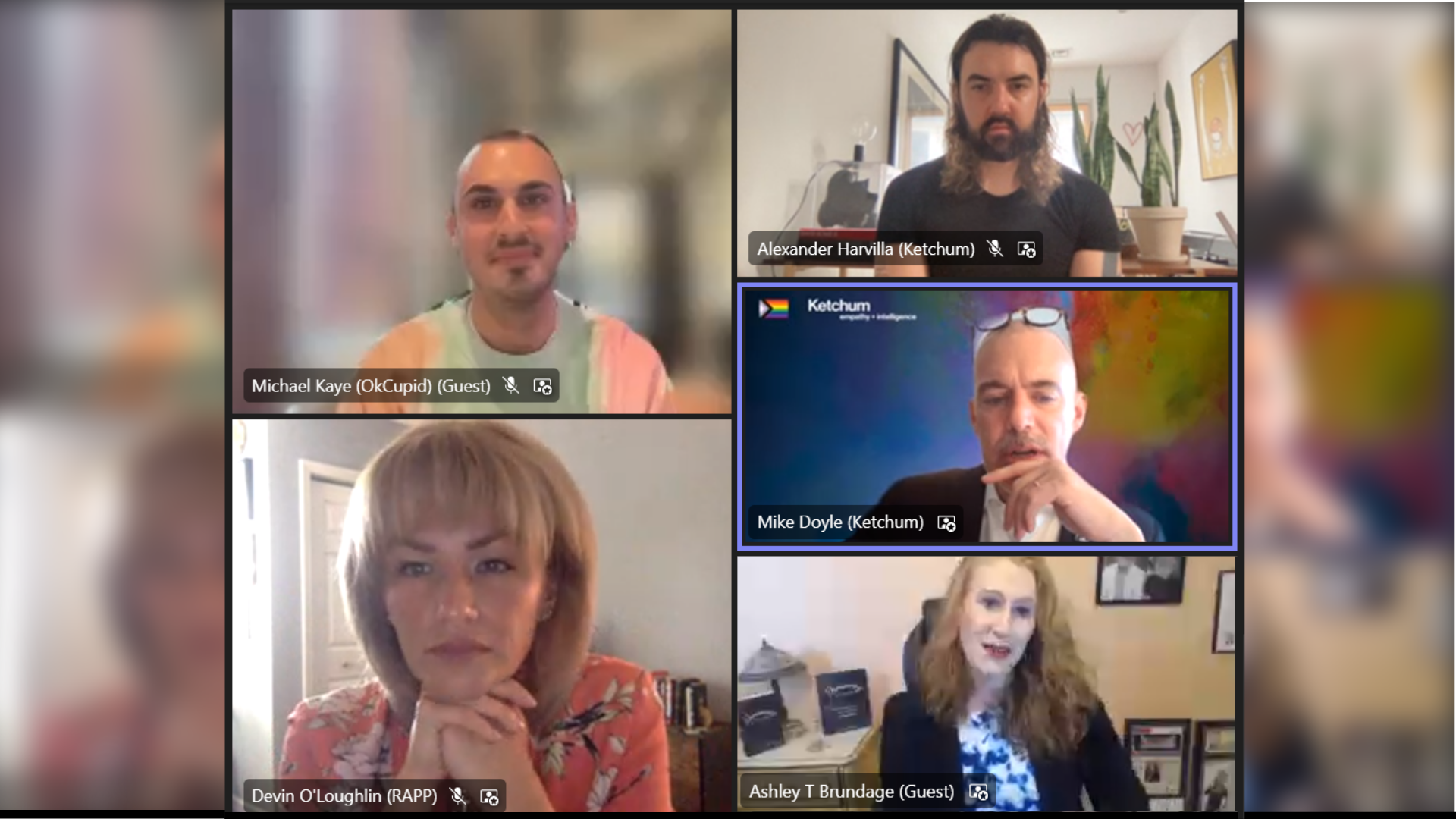Each year, many companies, organizations and brands observe the period between September 15 and October 15 as Hispanic Heritage Month—an annual monthlong homage to the Latinx community.
In years past, this observance was marked by brand promotions, large-scale concerts and content designed to celebrate and recognize Latinx “cultura.” Although these activations—whether large or small—have been intended to honor the Latinx community, they’ve often unintentionally perpetuated a stereotype. What’s often gone missing with the typical focus on food and music, with the occasional Latinx superstar or athlete mixed in as a spokesperson, is the recognition that this audience is a compilation of diverse cultures, languages—English, Spanish and Spanglish—and experiences.

Our hope was that this year, following the major disruptions that have swept the nation and the world, Hispanic Heritage Month would be different. Would brands take the opportunity to further engage the Latinx community in an authentic way? Adjusting the tone and actions of this year’s celebrations had the potential to better reflect the issues severely impacting the Latinx community, specifically:
- A global pandemic that is having a disproportionately higher impact on the Latinx population, from the number of cases and deaths to the economic and emotional toll. What’s more, the pandemic has shed further light on inequities of access to health and education. While the data is showing the impact of the pandemic, visuals too are being shared far and wide, like that of two elementary school-aged Latina girls sitting outside a fast-food restaurant to use the store’s free WIFI in order to participate in virtual learning.
- Racial equity and social justice issues that gained greater visibility through the Black Lives Matter movement but also affect our community, especially our family and friends who identify as AfroLatinx.
- Immigration issues and policies that seem to be pointed directly at the Latinx community, from DACA to detention camps on the U.S./Mexico border.
With these issues at the forefront, our counsel to clients was that 2020 was not the year for a fiesta.
The good news is that many brands did pivot to virtual events and celebrations that addressed the challenges of our time, in a tone that reminded us that the contributions of our community are vast and the actions we take today—from completing Census forms to registering to vote and safely taking to the streets—can make a difference. And while several brands worked hard to reach the Latino audience in a way that was truly authentic, there was at least one brand that apologized at the start of the heritage month.
So how can brands and organizations learn from what worked this year and connect authentically with these communities?
- Go beyond simply defining our audience by language or family generation. Instead, ask a series of questions to further define the audience, such as age, passion points, hobbies, to truly understand what makes the specific audience within the Latino community unique.
- Remember to build emotional connections to your brand or organization in a way that goes beyond simply driving purchase. What’s critical here is understanding whether or not your brand has the permission space to show up in a specific way with the specific segment of the Latino audience you are trying to reach. To truly build a connection, demonstrate an understanding of the community and the culture and show up in a way that is authentic to your brand.
- Lastly, remember that we are an audience that is growing in numbers and in some major markets, like LA and Miami, are the general market who deserve attention year-round. With Latinos accounting for almost half (48.6%) of the population in LA and nearly 70% (69.4%) in Miami, it’s important to recognize that in these communities your campaign/activation is reaching someone who is Latinx. But, remember, culture is key, and for both geographies, the Latinx cultures are very distinct, so do your homework.
If you take one thing from this year’s Hispanic Heritage Month, it’s that we’re not just a demographic. For those of us who identify as Hispanic, Latino, Latinx or Chicano, it’s not something we think about one month out of the year, because it’s who we are, every single day.



